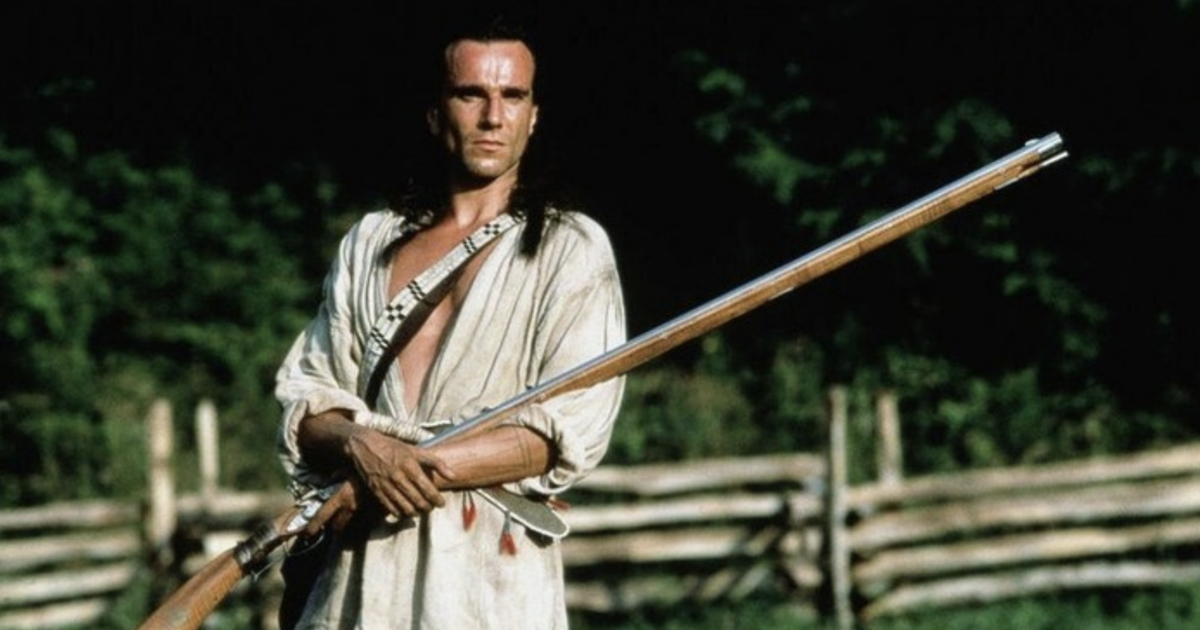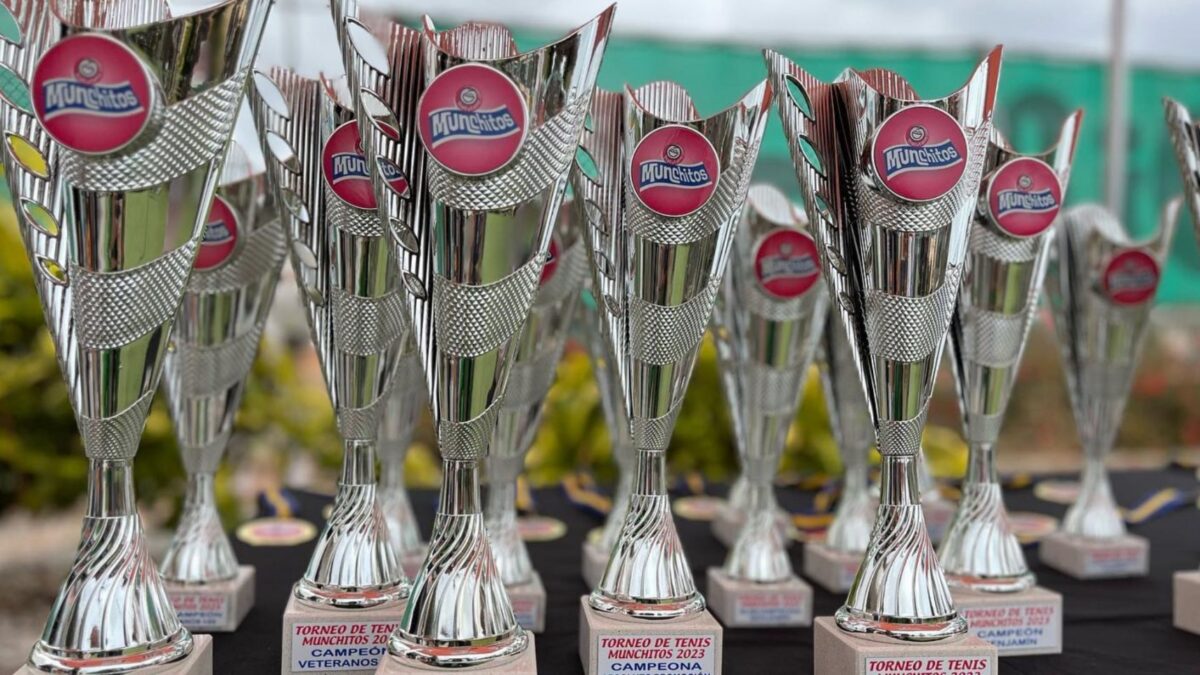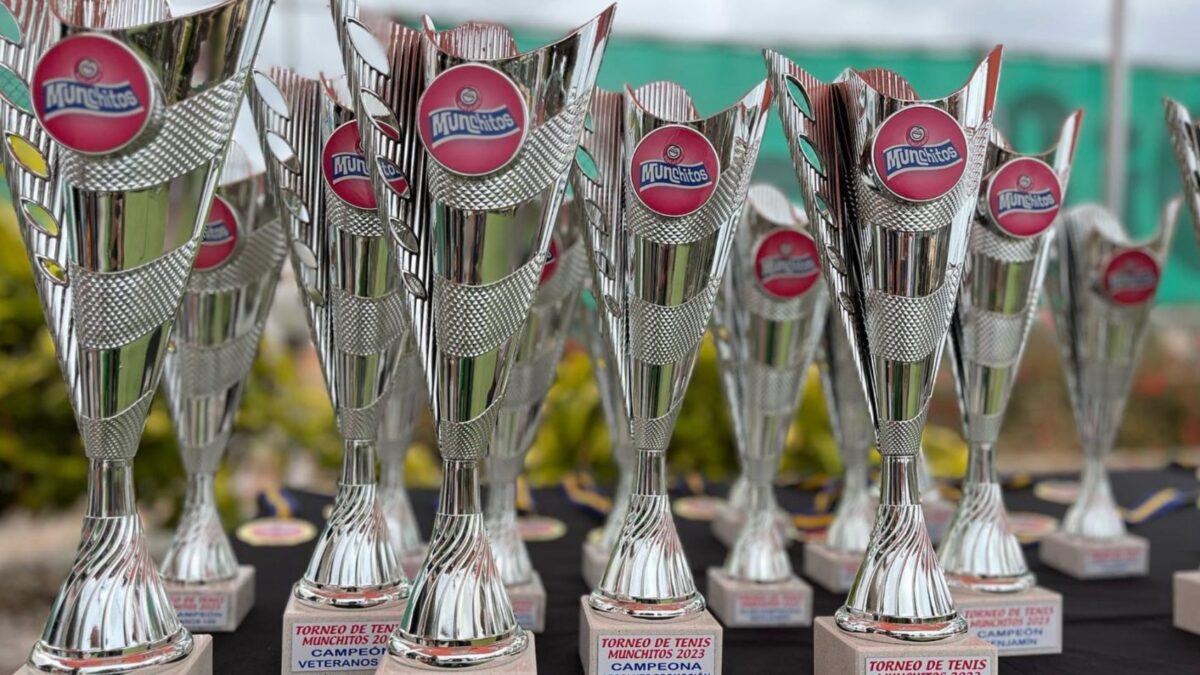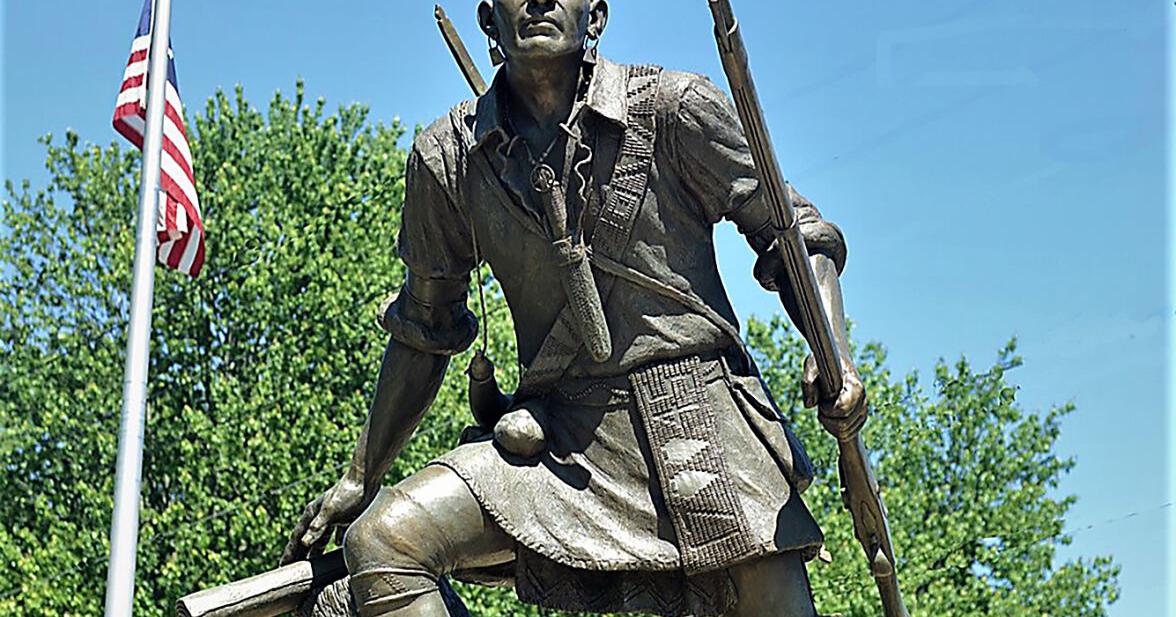According to those who’ve experienced it, some of the best spots for winter camping are popular national parks in the U.S., like Rocky Mountain National Park, Yosemite, and Death Valley, which is particularly pleasant in the winter months since it’s the hottest and driest park in the country. But you’ll also find wonderful winter camping at lesser-known places across the country, including the Appalachian Mountain Club’s Mohican Outdoor Center in Blairstown, New Jersey, which is open in all four seasons.
Perched on the edge of a glacial lake near the border of Pennsylvania, the center is part of the Delaware Water Gap National Recreation Area, a sprawling 70,000 acres with forested hiking trails and lush mountain landscapes. About 40 miles of the Delaware River pass through it, as does a portion of the Appalachian Trail — both are easily accessible from the AMC’s Mohican Outdoor Center and its winter campsites. Guests can warm up at the nearby Visitor Center, which has a cozy fireplace open to the public.
Explore the Appalachian Mountain Club’s Mohican Outdoor Center
Founded in 1876, the Appalachian Mountain Club, or AMC, is the oldest outdoor organization in the United States. The non-profit offers nearly 100 accommodations along the Northeast section of the Appalachian Trail (from New Jersey to Maine), including its southernmost facility, the Mohican Outdoor Center, which previously served as a Boy Scouts camp. Visitors can choose from campsites that can fit one to eight people (or as many as 30 people in group sites). Some are simple, set in the woods with shared picnic tables and fire rings (from $33 per night in winter), while others are more private and feature lake views (from $66 per night).
Also available to reserve are cabins, starting at $126 per night, with bathrooms and outdoor grills. Some have screened-in porches, full kitchens, or fireplaces, too….



 AI-generated illustration
AI-generated illustration
 10th Romsey Mohican and Sioux Pack Cubs collected more than 30 crates of food for Romsey Foodbank. (Image: 10th Romsey Scout Group)
10th Romsey Mohican and Sioux Pack Cubs collected more than 30 crates of food for Romsey Foodbank. (Image: 10th Romsey Scout Group) 





 Big Lyons Falls stairway constructed in 2012 by the Mohican Trails Club. This is a view from the top of the falls. Credit: Mohican Trails Club.
Big Lyons Falls stairway constructed in 2012 by the Mohican Trails Club. This is a view from the top of the falls. Credit: Mohican Trails Club. 
 The historic town of Chagrin Falls, Ohio. Editorial credit: Lynne Neuman / Shutterstock.com
The historic town of Chagrin Falls, Ohio. Editorial credit: Lynne Neuman / Shutterstock.com  City Hall and Opera House (1909), The Ohio Theatre in Loudonville,…
City Hall and Opera House (1909), The Ohio Theatre in Loudonville,…